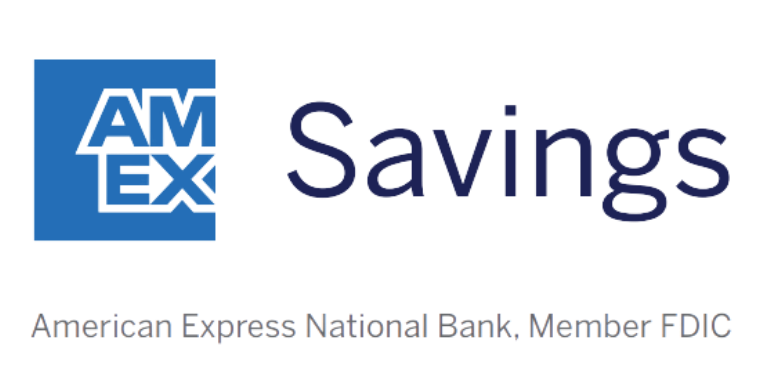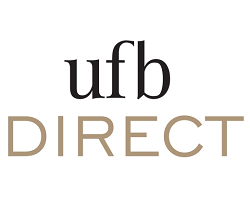Certificates of deposit (CDs) have a ton of hype right now — trust me, I’m neck-deep in the personal finance world. Admittedly, there’s a good reason for the buzz. Thanks to a higher federal funds rate, CDs with terms of one year or less are paying about 5% right now.
And unlike stock market investing, you’re not going to see the value of your money fluctuate due to market conditions. If you open a 1-year CD with a reputable bank, fund the account, and leave the money alone for that entire year, you’re basically guaranteed to come out ahead.
That said, CDs are not completely risk-free. That’s why it’s so important to do your homework before you open one.
Two ways you can lose money in a CD
Despite the hype, CDs are not 100% risk-free investments. There are two ways you can lose money in one.
Our Picks for the Best High-Yield Savings Accounts of 2024
|
Capital One 360 Performance Savings 
APY 4.25%
|
APY 4.25%
|
Min. to earn $0 |
|
American Express® High Yield Savings 
APY 4.25%
|
APY 4.25%
|
Min. to earn $1 |
|
UFB Portfolio Savings Account 
APY 5.15%
|
APY 5.15%
|
Min. to earn $0 |
1. A lack of FDIC insurance
A savvy bank consumer like you surely is already familiar with the phrase “member FDIC.” You may not realize how important it is, though. When a bank is a member of the Federal Deposit Insurance Corporation, it means consumers’ money in that bank is safe from bank failure.
Specifically, the FDIC protects up to $250,000 per depositor, per FDIC-insured bank, per ownership category. If you have your CDs, a savings account, and a checking account with the same bank, up to $250,000 of your money across all of them is insured.
The best CDs are offered by banks with FDIC insurance, so you can rest assured if you’re choosing a CD account based on The Ascent’s recommendations. But you still need to be careful that your deposit accounts at that bank don’t exceed that $250,000 figure (or $500,000 for joint accounts). If they do, the cash above that amount could be at risk if the bank folds.
2. An early withdrawal penalty
It’s more likely that you’ll lose money in a CD thanks to miscalculating your timeline or contributing cash without a defined timeline (like your emergency fund). In exchange for getting to lock in a set rate for the duration of your CD’s term, you’re also agreeing to leave your money in the account for that period.
If you end up needing to withdraw early, you’ll likely be assessed a penalty equal to some amount of earned interest. The exact penalty will depend on your bank’s rules, but for a 1-year CD, you might find yourself out 90 days’ worth of interest. But if 90 days hasn’t yet elapsed since you funded the account, that penalty could eat into your principal, costing you money.
Think long and hard before opening a CD
Does this risk of loss mean you should avoid CDs? Absolutely not. CDs are a great choice for a certain type of saver — namely, someone with money they’ll need in the near future but can comfortably set aside for the time being.
Let’s say you have $10,000 saved that you intend to use for a dream honeymoon after you get married next fall. You could be in a great position to open a 1-year CD and earn 5% on that $10,000 — meaning you’ll be a little over $500 richer by the time your term is up.
But if your savings is designated for emergencies (and therefore could be needed at any time), or you’re actively saving for a goal and will need to continuously add money to an account, a CD isn’t right for you. Opt for a savings account or money market account instead.

